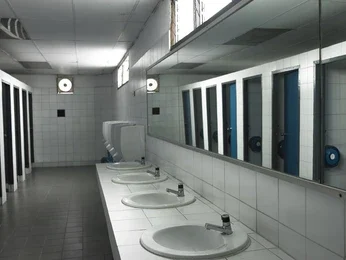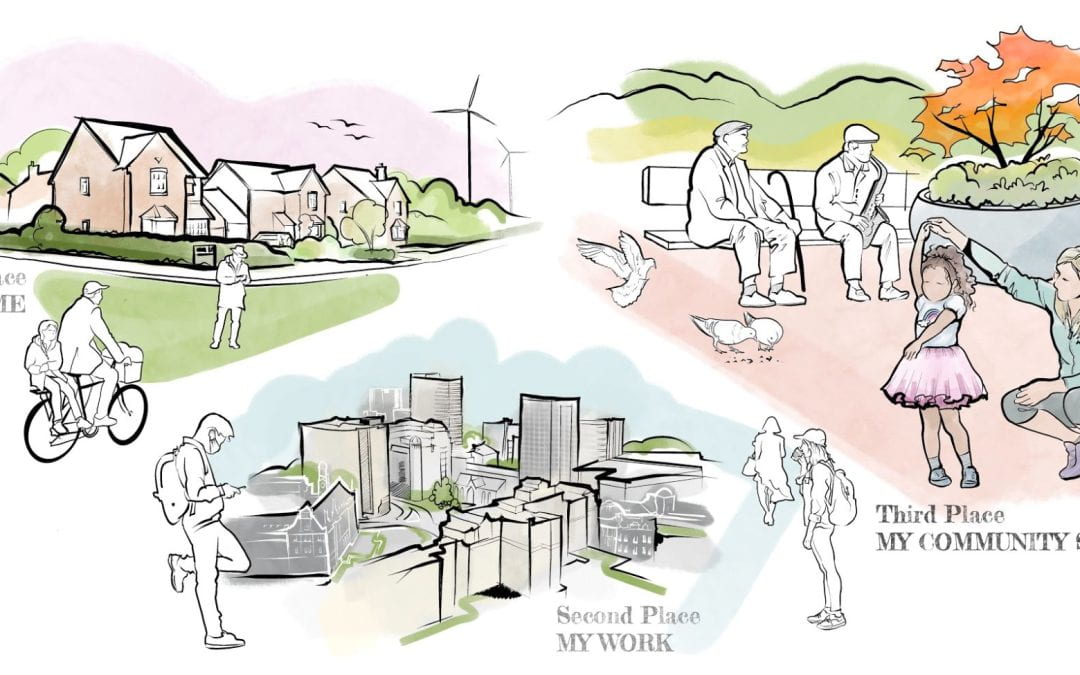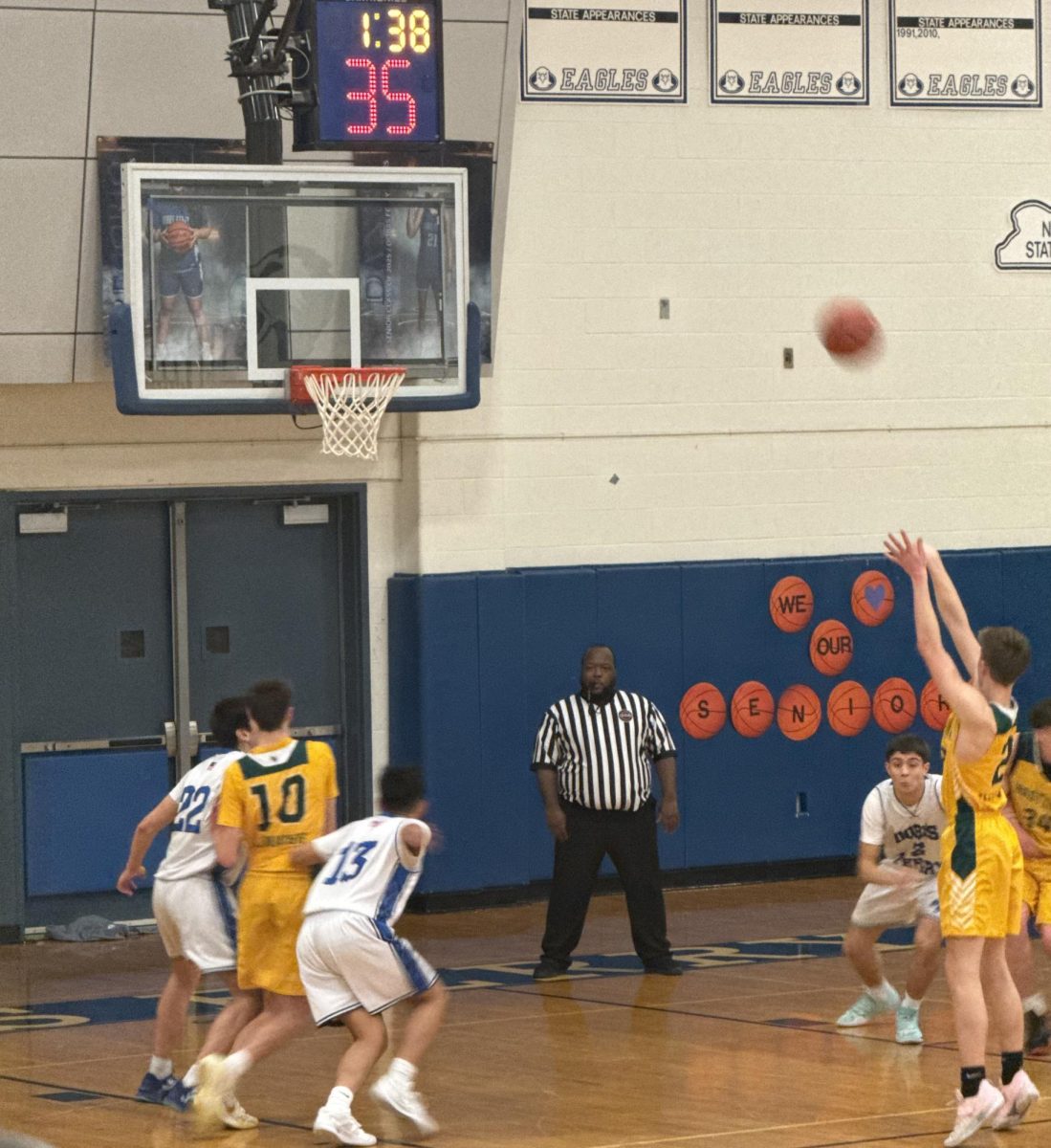History/About the Paralympics:
On July 29, 1948, the day of the Opening Ceremony of the London Olympic Games, Dr. Guttmann organized the first competition for wheelchair athletes. He named the event the Stoke Mandeville Games, a milestone in Paralympic history. The Stoke Mandeville Games later became the Paralympic Games which first took place in Rome, Italy in 1960 featuring 400 athletes from 23 countries. Since then, the games have taken place every four years. In 1960, under the aegis of the World Federation of ex-servicemen, an International Working Group on Sport for the Disabled was set up to study the problems of sport for persons with an impairment. It resulted in the creation of the International Sport Organisation for the Disabled (ISOD) in 1964. It offered opportunities for those athletes who could not affiliate to the International Stoke Mandeville Games: vision impaired, amputees, persons with cerebral palsy and paraplegics.
How some sports work:
Wheelchair tennis – The only modification to the original game of tennis is that the ball can bounce twice. Wheelchair tennis originated in California in 1976, after former acrobatic skier Brad Parks was paralyzed in a skiing accident. Parks started experimenting with hitting tennis balls from his wheelchair while in rehabilitation. He went on to join forces with physical therapist Jeff Minnebraker to develop and promote the sport in the USA before its rapid growth internationally.
Boccia – Boccia is a ball game played on a smooth, flat surface, and all of the athletes play in wheelchairs. Players are positioned at one end in throwing boxes and can throw the jack anywhere on court over the ‘V’ line. Players roll or throw colored balls as close to a white ball, which is called the “jack.” The balls are made of leather and filled with plastic granules so they are easy to grip and don’t bounce. The time limit for the game ranges from 4 to 8 minutes. When the time is up, the player, pair, or team with the most balls near the jack is the winner.
Para-cycling – Para-cycling currently includes individuals with cerebral palsy, a condition with both visual and physical impairments. Athletes compete on handcycles, trikes, tandem bikes, or standard bikes depending on their condition. Para-cycling is divided into road and track races for a total of 7 events: road race, individual team trial, handcycling team relay, tandem sprint, team sprint, 500m time trial, individual pursuit, and scratch race.
Para swimming – Para swimming is the second largest sport at the Paralympics in terms of athlete participation. The paralympic swimming competition is open to male and female athletes with physical disabilities such as dwarfism, amputation/limb loss, blindness/visual impairment, spinal cord injury/wheelchair-users, cerebral palsy/brain injury/stroke, and cognitive impairment. Athletes may start the races standing on a platform, sitting on a platform, or racing in the water. The blind and visually impaired may have a “tapper” who taps the swimmer when they approach the wall, indicating that they should turn or end the race. However, no prostheses or assistive devices are allowed during competition.
Highlights from the 2024 Paralympics:
- Archery:
- Armless Archer Matt Stutzman won his maiden Paralympic gold at his fourth and final Games
- Jodie Grinham earned two medals while competing 28 weeks pregnant
- Wheelchair basketball:
- The Netherlands’ women’s wheelchair basketball team became back-to-back champions with a win over the USA
- Winning bronze, Germany’s men’s wheelchair basketball team broke a 32-year Paralympic medal drought
- Cycling:
- Jetze Plat won two Para-cycling road gold medals to add to a Paralympic triathlon title
- The women’s T1-2 road race came down to a dramatic final sprint, with Emma Lund clinching the gold
- Swimming:
- Ali Truwit won two silver Paralympic swimming medals from the 400-meter freestyle and 100-meter backstroke.
- Jiang Yuyan left the Paralympics with 7 gold medals in the 50 m freestyle S6, 100 m freestyle S7, 400 m freestyle S6, 100 m backstroke S6, 50 m butterfly S6, mixed 4×50 m freestyle relay 20 points and mixed 4×50 m medley relay 20 points
- Guo Jincheng left with 4 gold medals in the 50 m freestyle S5, 50 m butterfly S5, 4×50 m mixed freestyle relay 20 points and 4×50 m mixed medley relay 20 points; 2 silver medals in the 100 m freestyle S5 and 50 m backstroke S5
World Records:
- Jaydin Blackwell set a world record on his Paralympic debut in the men’s 100m
- Vanessa Low broke the women’s long jump T61 world record
- Gabriel Geraldo dos Santos Araujo won three gold medals in Paris and set a new men’s 150m individual medley
- France’s Alexandre Leaute won gold and set a world record in the men’s C2 3000m individual pursuit
- Noelle Malkamaki won the women’s shot put F46 final and set a new world record
This year has had an excellent Paralympics with so many highlights. We look forward to the next!





















